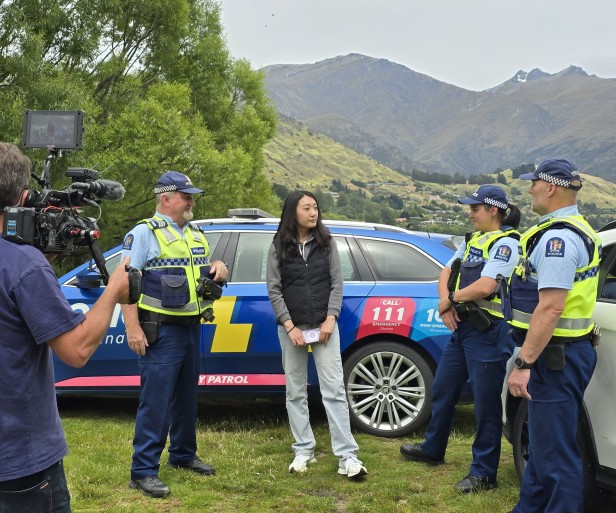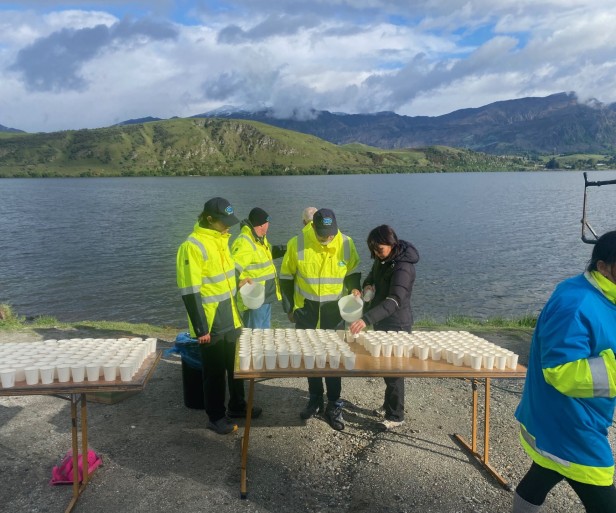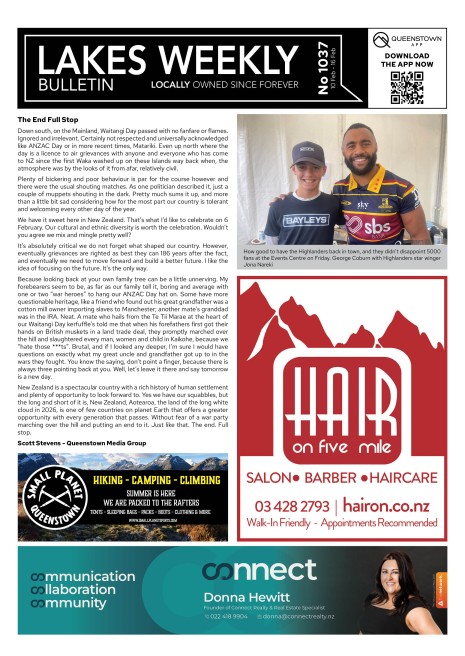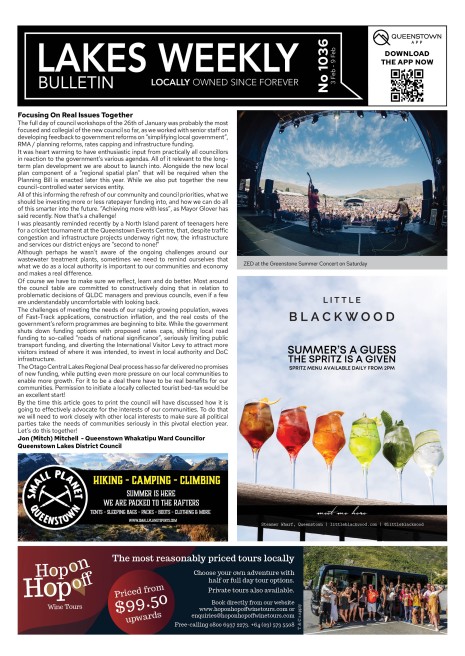Glover vows 'hard reset' for QLDC
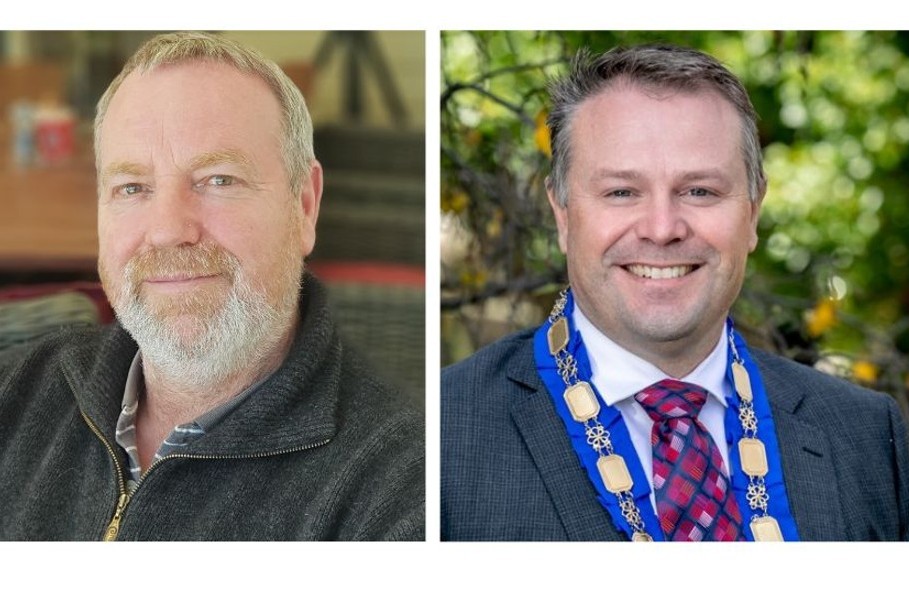
It's shaping up to be an explosive race to be the next mayor of Queenstown Lakes.
Well-known local John Glover has announced he will square off against embattled incumbent Glyn Lewers in the October elections, for one of the most difficult jobs in local politics.
And he began his campaign with a blistering rebuke of QLDC under Lewers, saying its relationship with the community is broken.
"There needs to be a hard reset to change that, restore community confidence and return the balance of power back to communities via their elected representatives," Glover says.
"I will campaign to restore openness and trust, and hope to partner with candidates who also seek to restore a functioning democracy in this district."
Glover owns Kinloch Wilderness Retreat and has long been involved with the Shaping Our Future community group.
Three times he's tried to get elected as a councillor, standing unsuccessfully in 2013 and 2019, and again in the Arrowtown-Kawarau by-election in 2023, after the resignation of Neeta Shetty. He lost out to Cr Melissa White.
But now, he's going for the top job, and has detailed his policies he hopes will strike a cord with many.
Fresh from the angry public protest against treated wastewater being dumped into the Shotover River, he vows to bring in a Crown observer to investigate QLDC’s handling of the crisis - plus other controversial projects like Lakeview, the $128m arterial road, and the stalled Project Manawa.
He's also pledged to make sure any new council HQ is built in Frankton, not the Project Manawa site downtown, making it more accessible for the majority of locals.
Glover is planning to rewrite the rulebook on council meetings, promising people will be allowed to speak in public forums without having to attend in person, shaking up the casting vote system, and other changes.
And he wants more input from Wānaka residents, a review of council consultation, and the setting up of a quasi-independent Information Office, to enable speedier and fuller responses to information requests from councillors and the public.
"Trust is something that is earned, and we don’t need another expensive consultants’ report to place a spin on uncomfortable realities: that’s so symptomatic of the problem," he says.
"We just need to make the necessary changes. Success will be when the community has our back, rather than being on our back.
"Of course there are many, many other pressing issues that need addressing, but first and foremost Council needs to regain the support and trust of the ratepayers and residents."
Otago Regional Council seat snatched from Dunedin
Booming Queenstown Lakes and Central Otago have been awarded an extra seat on Otago Region Council, at the expense of Dunedin.
The Dunstan ward, which covers the two growth areas, will now have four councillors around the table, while Dunedin's representation is slashed from 6 to 5 councillors.
ORC is responsible for managing freshwater, public transport, air quality, natural hazards, harbours, and regional land use planning across Otago.
The Local Government Commission dropped its ruling last week, and at the same time dismissed two appeals - one from Dunedin and one from Queenstown.
Dunedin's desperate bid to keep its sixth seat and also absorb Mosgiel-Taieri was shot down, while Queenstown’s push for a dedicated 'Upper Lakes' constituency also got tossed in the bin.
ORC Chair Gretchen Robertson says overall its a positive outcome.
“ORC’s focus remains on ensuring good representation right across Otago to ensure all communities, rural and urban, are fairly represented,” she says.
"Growth in the Dunstan region has brought both significant opportunities and challenges, highlighting the need for focused attention and additional representation."
The changes will be in place for the October elections.



